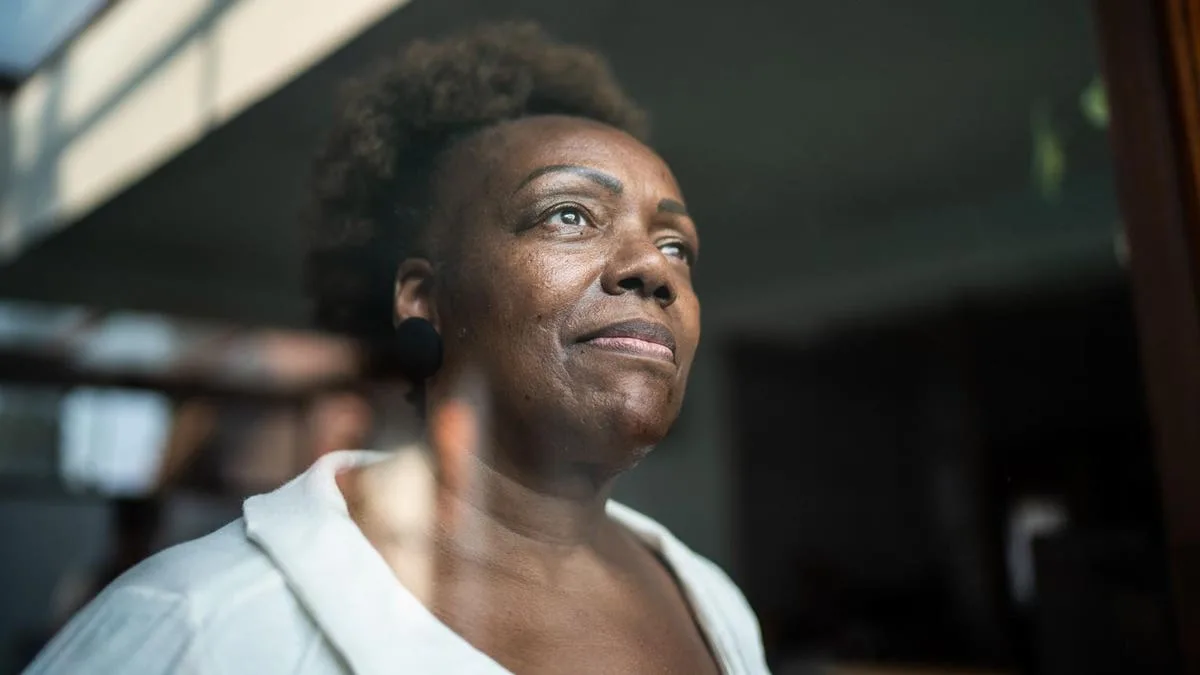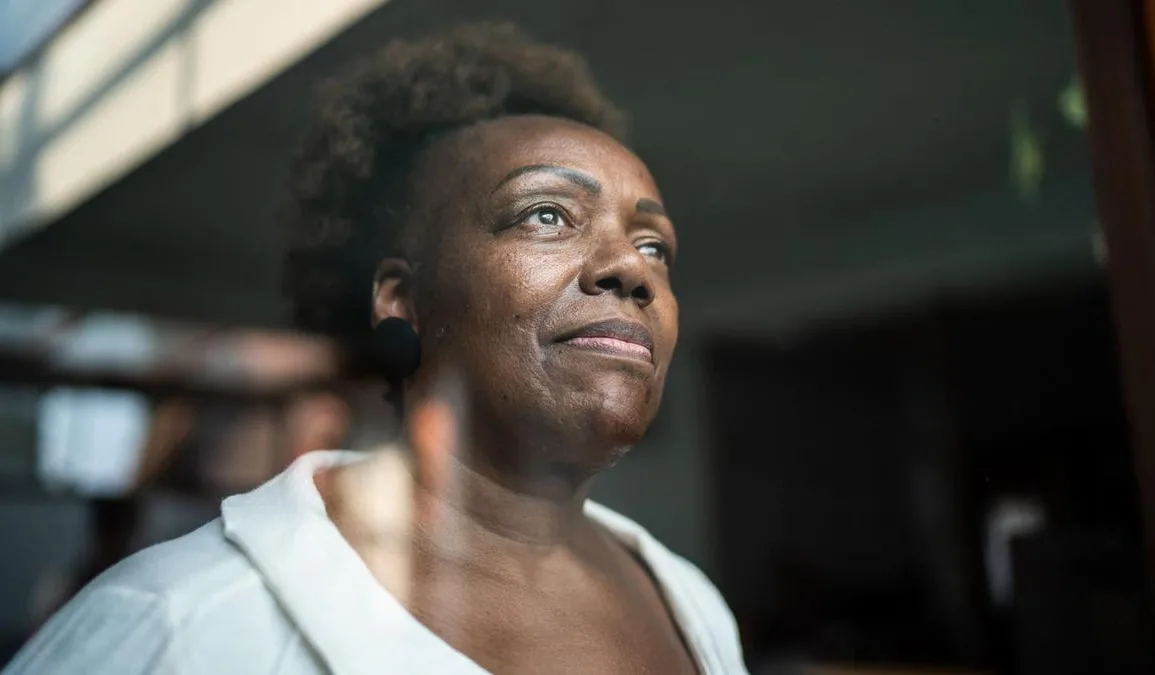
From 2017 to 2020, Black-owned businesses saw the fastest increase compared to other groups, according to the Brookings Institute. Black women-owned businesses, in particular, experienced notable growth of 18.14% between 2017 and 2020, outperforming both women-owned businesses and Black-owned businesses, which saw growth of 9.06% and 13.64%, respectively. There has been an interesting trend where Black-owned businesses are being sold to or getting acquired by white-led companies. Many Black business owners have decided that acquisition is the best pathway forward. Is this a sign of the gentrification of Black businesses?
In more general terms, gentrification can be thought of as “the process…of making a product, activity, etc., appealing to those with more affluent tastes.” Based on this definition, one could reason that through white acquisition, Black-owned businesses may be striving to make their product or service more appealing to different populations. This seems to be a pattern among Black-owned businesses—once the business achieves what could be labeled as the pinnacles of success, they end up getting acquired by large white-owned conglomerates. For Black consumers, many of whom are responsible for helping these Black businesses become popular, seeing what could be called the gentrification of their beloved Black businesses can be disheartening, discouraging and demoralizing.
Are Black businesses only considered a success if they get acquired by white-owned companies? What is the unconscious message that this type of business purchase sends? And what happens to the business product or service after acquisition? The argument could be made that even within Black-owned businesses, whiteness is centered through these practices. Despite this claim, many Black business owners point to the vast opportunities that accompany these business acquisitions and partnerships.
Many Black business owners point to the vast opportunities that accompany these business … [+]
“If you’re a serial entrepreneur and the numbers are right, it makes a lot of sense to build it, grow it, sell it, maintain a stake, and move on to the next venture,” shared founder and CEO of Prestige Blinds LLC Tami Hall. “I firmly believe that this ‘fast money’ mentality somewhat works against our people when it comes to building generational wealth and community,” Hall indicated. There are legitimate concerns from Black consumers that their favorite Black-owned brands will become watered down and will lose the cultural elements that enticed customers to initially support.
There is a perception by some that Black businesses selling to larger white-owned corporations is somehow selling out. Black Entertainment Television (BET) was Black-owned at its inception in 1980, and was later acquired by media conglomerate Viacom Inc. Richelieu Dennis is the founder of popular Black hair and skincare company Sundial Brands and experienced some backlash after it was announced that Unilever would be acquiring Sundial Brands. It was also recently announced that Mielle Organics, a popular haircare company for those with textured hair, was being acquired by consumer goods behemoth Procter & Gamble; the announcement was also met with some criticism.
“I understand the gripes and distrust that our community has with these sorts dealings concerning Black-founded businesses, however I feel that our gripe is mostly a lack of exposure,” shared Fee Bolden, serial entrepreneur and founder of RootedinBlk. “Business acquisitions have resulted in some of today’s most notable companies such as Instagram, Uber, Airbnb, and Netflix to name a few. Not only were these great opportunities for their founders, they’ve created millions of jobs and wide-ranging opportunities for millions of people. If we step outside of the bubble of race [and] identity politics for a moment and think of the power of large-scale entrepreneurship and having a positive global impact, our agony towards Black business acquisitions wouldn’t weigh on our hearts as heavy…I personally wouldn’t advise any Black entrepreneur to launch a business that is not acquirable. Freedom should be even more of a goal than perceived legacy.”
What happens after a Black business gets acquired by or partners with a white-led company is an … [+]
What happens after a Black business gets acquired by or partners with a white-led company is an important and often overlooked consideration. A seemingly lucrative deal may not be all that it seems. Recently, it was reported that TikTok sensation Veronica Shaw, who is the creator behind the infamous Pink Sauce, had set up a GoFundMe page. Shaw alleges that she is suffering financially and that the company she partnered with to recreate her viral Pink Sauce failed to reimburse her for out-of-pocket expenses.
“Larger entities that acquire smaller organizations, especially Black-owned, need to place more care in the transition—respecting the solidified audiences and recipes that carried the company thus far,” shared Dr. Candace Parrish, founder and CEO of Odelia, Marie, & Patrice. “When minority and Black-owned companies want to continue building a company’s legacy, sometimes they need to think about growth of the company and that may mean partnering and merging with a larger organization—this is not a bad thing. What can often go wrong is when clear best practices for continuing the company are not established beyond the merger.”
Black-owned businesses are often started to meet the needs of communities that are disregarded and ignored. Creating a sustainable business is something to be lauded. Being able to live comfortably and pass resources down to your descendants is important, but Black business owners cannot forget to consider the long-term impacts of business partnerships and acquisition on the community at large and the effects on the consumers that made the business viable in the first place.


